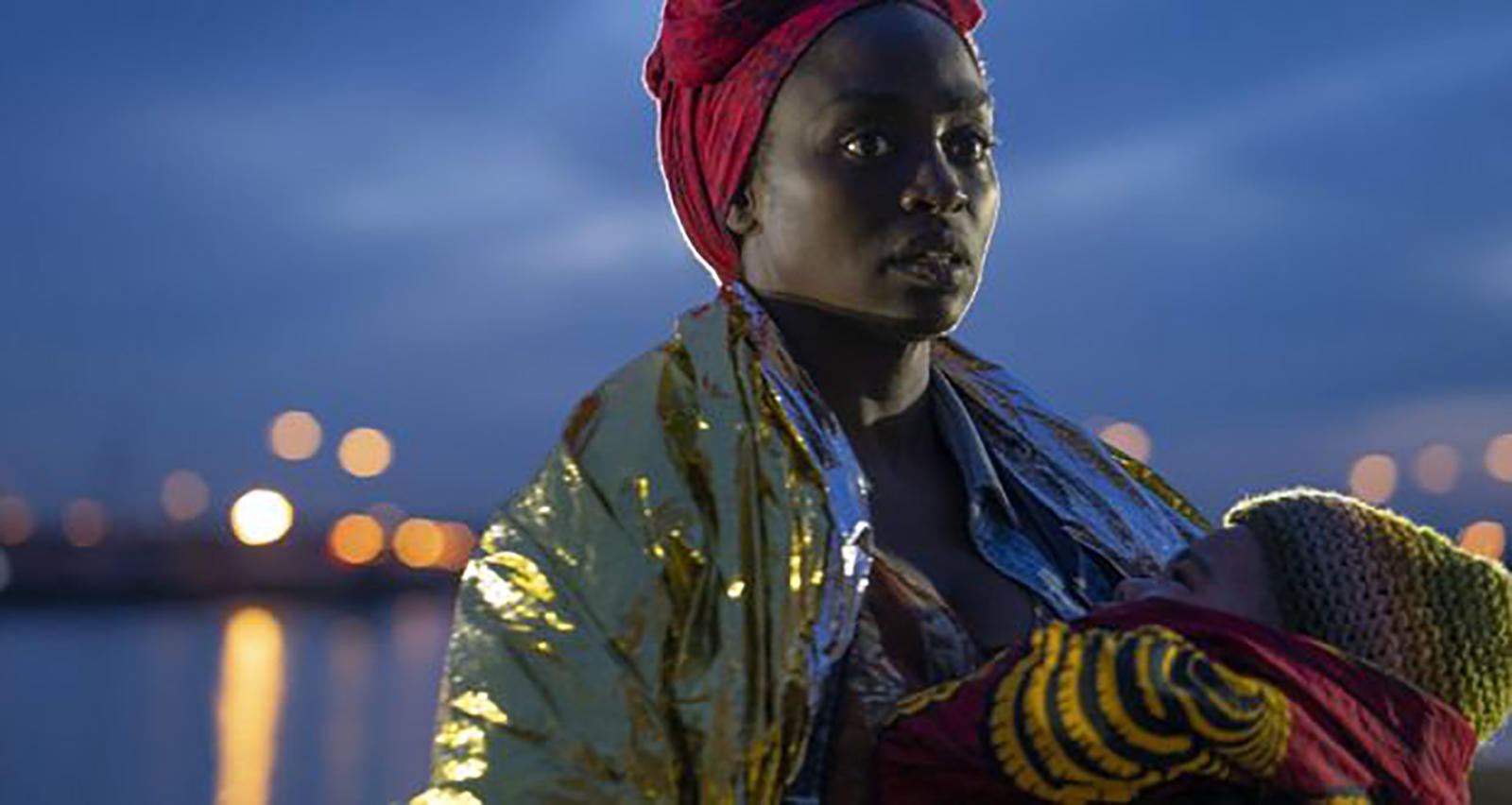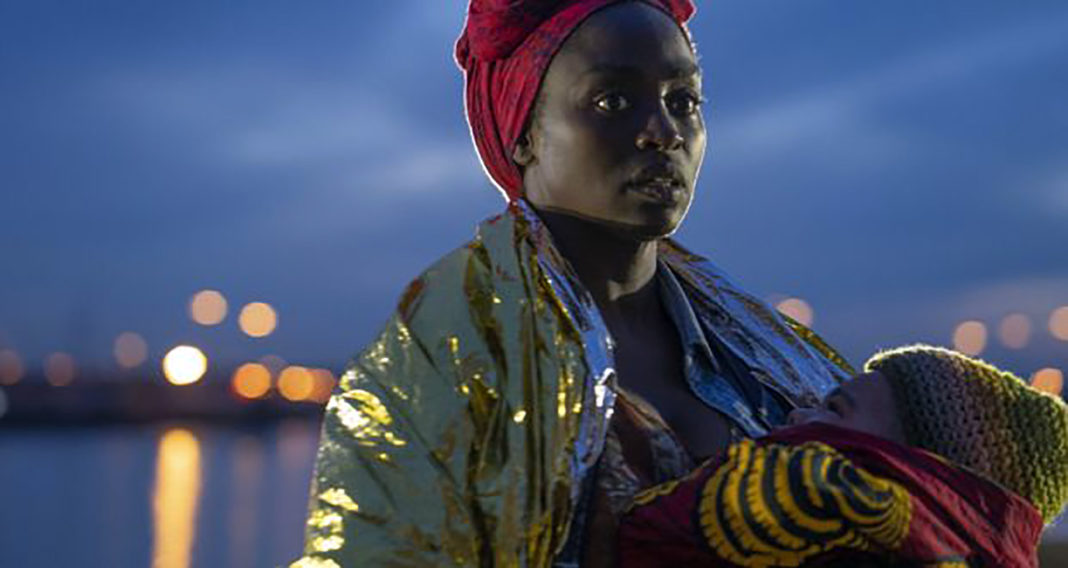By Donal O’Keeffe
Last Sunday night saw the launch of RTÉ’s new fictional crime series, Taken Down. Set largely in a Direct Provision centre, it came in a week when a mother in Direct Provision was denied food for her sick child. How long more will we pretend we don’t know what we are doing to asylum seekers?
The first thing to say is that Taken Down is – on the evidence of the first episode – excellent. Stuart Carolan (Love/Hate) and author Jo Spain have written a taut, gripping and very intelligent drama, one which is well-acted and beautifully-filmed. But that’s not the most important thing about Taken Down.
The most important thing about Taken Down is that it captures perfectly what it feels like to be in a Direct Provision centre.
I’ve lost count of the number of Direct Provision centres I’ve visited, and I’ve lost count too of the number of times I’ve visited them. They are uniformly horrible.
I’ve seen the cramped, grimy, slimy conditions in which people are forced to live.
I’ve sat in the noisy, crowded communal areas where nobody ever quite seems able to relax.
I’ve spoken with mothers who stand grimly on guard outside communal male toilets because they fear for the safety of their small boys.
I’ve been turned away on “privacy grounds” from places where three or more people are forced to share bedrooms; where strangers are forced to keep their few personal belongings in piles by their beds, in crowded rooms where lights-out is dictated by the last person and morning happens when the first person decides to turn on the light.
I’ve seen the bland, watery, tasteless food slopped out in Direct Provision centres. I haven’t tasted it. And you wouldn’t either.
Last week saw one asylum seeker in County Clare take to social media when her sick child was denied a slice of bread and a glass of milk. Her child had been vomiting and had suffered from diarrhoea during the night, but the canteen was closed, you see, and rules is rules.
Taken Down really captures that atmosphere of tedium, boredom and hopelessness which I would say defines Direct Provision. And it gets too the disaffected, indifferent, ramshackle disdain of some of those who work in Direct Provision, where rules is rules and I’m sorry for your troubles, Missus.

Direct Provision was introduced at the turn of this century, when Ireland had 10,938 asylum applications. It was promised initially that asylum-seekers would not stay in direct provision longer than six months, but the average stay is 23 months, and many people spend years in the system. Asylum applications peaked in 2002 at 11,634. In 2017, we had 2,927 applications.
At the start of Taken Down, Abeni Bankole (Aïssa Maïga) asks how long she and her family can expect to be in Direct Provision. A couple of weeks, she is told. Maybe a couple of months.
The caption on screen then reads “Eight years later.”
At one point, Abeni’s son, Isaiah, says in a beautiful Dublin accent, “I’m more Irish than Nigerian”.
There are currently 4,947 people living Direct Provision, approximately one third of them children. That is approximately 1,000 people more than we have in prison. Asylum applicants receive full board, and a weekly allowance of €21.60. Up until very recently, no-one in Direct Provision was allowed to work. Direct Provision costs us €67 million per year. It is a system which profits on human misery, and for the private companies running direct provision centres, it is very big business indeed.
Last July, as part of the West Cork Literary Festival, I hosted a reading in the Bantry Bookshop by the Nigerian author Melatu Uche Okorie.
Melatu came to Ireland in 2006, seeking asylum with her infant daughter. They spent almost nine years in direct provision, living side-by-side with complete strangers, subsisting in boredom on €28.50 per week, with Melatu forbidden to work, eating when they were told to eat, using the toilet paper they were allocated, their daily lives dictated and policed by security guards.
Melatu was reading from her first book, This Hostel Life, and afterward we had a public conversation about her life in Direct Provision. The Bantry Bookshop was full to capacity, and Melatu’s book sold out in minutes. I’m still sore that someone lifted my own copy, but please take my word that it’s a brilliant piece of work.
As part of our discussion, I asked the audience how many of them had visited a Direct Provision centre. I was surprised, and heartened, that some had, even if that was an obvious reflection on the kind of people likely to attend a reading by an author who had lived in Direct Provision. I suspect that a show of hands in most social gatherings would reveal that very few Irish people have visited a Direct Provision centre, or even know where one is.
I suspect too that very few Irish people have really ever given that much thought at all to Direct Provision, or to the conditions in which we force asylum seekers to subsist. I suspect too – and I have seen the metrics on these columns – that very few Irish people actually bother their arses to read articles like this, or to watch Prime Time specials, or to listen to Brian O’Connell talking about Direct Provision on the radio.
Thanks to Taken Down bringing Direct Provision into Sunday night living rooms, Irish people now have one less excuse to pretend that we don’t all know exactly what’s going on right here, right now, in the Land of a Hundred Thousand Pretend Welcomes.
Taken Down has the makings of a fine series, and – whisper it – it may even do some good.
Taken Down is on RTÉ 1 at 9.30pm, Sunday. The first episode is available on the RTÉ Player.
This Hostel Life, by Melatu Uche Okorie, is available online from Skein Press.








